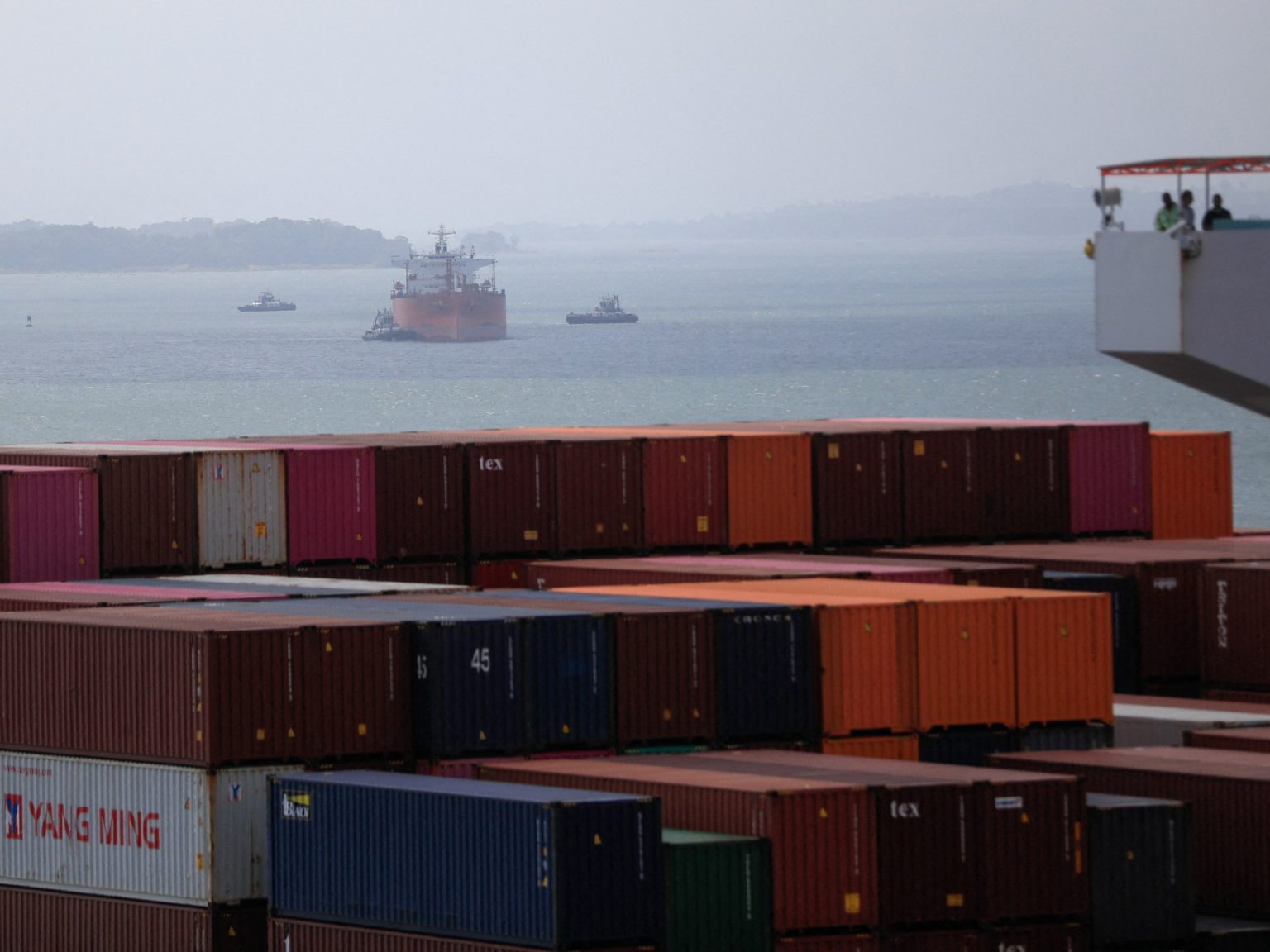Panama, home to the world’s largest ship registry since 1993, has recently implemented stricter registration policies in response to international pressure to crack down on illicit trades like oil smuggling. The new executive decree, issued on October 18 by President Jose Raul Mulino, allows for the revocation of national registrations of maritime vessels facing sanctions from the US, the United Kingdom, the United Nations Security Council, or members of the European Union (EU). This move aims to protect the prestige and reputation of the Panamanian flag, as well as to maintain a registry free of international sanctions.
John Feeley, a former US ambassador to Panama, praised the new decree as a welcome step by Panama’s new government to improve the business climate. He highlighted the immediate consequences for ships that lose their licenses, with industry watchers tracking and reporting on their movements and activities. Panama has long been known as a “flag of convenience” state, allowing global ship owners to bypass stricter regulations in their home countries by registering their vessels locally. However, the recent crackdown on illicit activities has prompted Panama to take decisive actions to address concerns and maintain its reputation as a key shipping route.
In response to pressure from the US and other allies, Panama has taken steps to weed out vessels engaged in risky or illicit activities. President Mulino has sought support from international partners, including meeting with French President Emmanuel Macron to petition for Panama’s removal from the EU’s list of non-cooperative tax jurisdictions. The heightened scrutiny on Panama as a key shipping route has led to measures such as the revocation of registrations for vessels that violate international sanctions, particularly related to oil smuggling and ties to groups like Iran’s Islamic Revolutionary Guard Corps (IRGC) or Hezbollah.
Experts anticipate that Panama’s decisive actions will have a significant impact on vessel owners and operators, particularly those involved in risky or illicit activities. The move is also expected to prompt other flag states to review their own regulatory frameworks and take similar measures to crack down on vessels engaged in illegal activities. Other “flag of convenience” states, such as Palau, have also taken steps to revoke registrations of vessels involved in illicit activities, demonstrating a trend towards stricter enforcement of maritime regulations to combat oil smuggling and other illegal trades.
With Panama being a key shipping route and home to a large number of registered vessels, the country’s efforts to strengthen its registration policies are seen as crucial in deterring illicit activities in its waters. The international community, including the US and EU, has expressed support for Panama’s actions to improve transparency and compliance with international regulations. As Panama faces increased scrutiny and pressure to crack down on illegal activities, the implementation of stricter registration policies is likely to have broader implications for the global shipping industry and encourage other flag states to follow suit in enforcing stricter regulations to prevent illicit trades.


